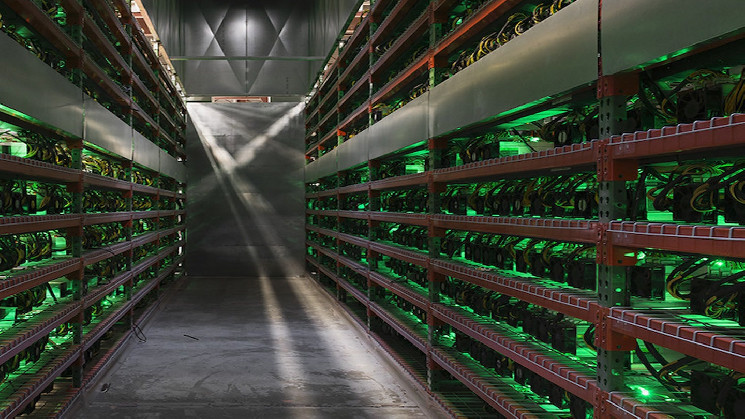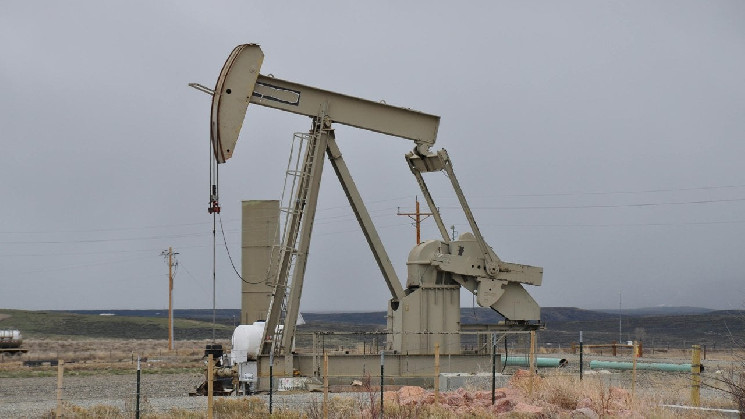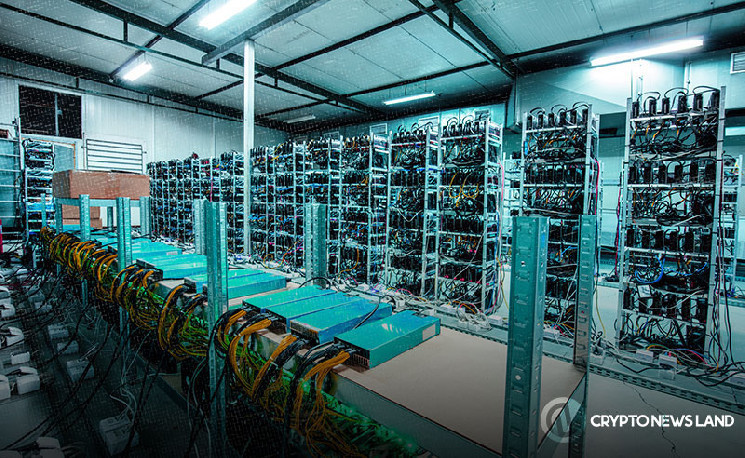The speedy proliferation of AI knowledge facilities might have a constructive affect on the bitcoin mining business.
AI knowledge facilities are simply as hungry for affordable vitality as miners are, in order that they cut back the variety of new mines being spun up.
Down the road, low cost electrical energy could also be in such quick provide that hashprice will cease falling.
The rise of synthetic intelligence (AI) knowledge facilities may flip right into a boon for bitcoin miner economics — even those that don’t work with AI.
The motive? The competitors between AI knowledge facilities and bitcoin miners for affordable electrical energy might find yourself establishing a ground on hashprice, an important metric utilized by miners to measure their income.
“Every potential mining investment now goes through this filter: is it better to use this site for AI purposes or mining,” Spencer Marr, president of bitcoin mining agency Sangha Renewables, advised CoinDesk. “Every time they choose AI or other forms of high-performance computing, that means hashrate won’t climb, and hashprice won’t be negatively impacted.”
Hashrate is a time period that refers back to the complete mixed computational energy backing a Proof-of-Work blockchain, on this case Bitcoin. Hashprice, in the meantime, is the quantity of bitcoin {that a} miner can count on to earn every time their machines carry out a sure variety of hashes, or computations, on a given timeframe.
At press time, bitcoin’s hashrate totalled 770 exahash per second (EH/s), per Hashrate Index knowledge, with bitcoin’s hashprice coming in at $61.12 per petahash per day. Hashprice has been steadily reducing as mining has grown extra aggressive. Back in 2017, for instance, it wasn’t unusual for hashprice to clock in above $1,000 by that measure.
Establishing a ground on hashprice can be invaluable for miners as it will assure that computing energy won’t ever go under a sure threshold when it comes to worth, regardless of the circumstances.
“In the competition for access to cheap electricity, miners are starting to be squeezed out by more willing purchasers in the form of other forms of compute,” Marr stated. “It’s a specific game theory, because as the miner, you like to see other people deciding to use cheap electrons for other purposes than Bitcoin compute because of the competitive nature of mining.”
But the squeeze might merely lead bitcoin miners to maneuver away to different jurisdictions throughout the globe the place AI knowledge facilities aren’t sprouting left and proper, Jaran Mellerud, co-founder of bitcoin mining {hardware} and internet hosting companies agency Hashlabs Mining, advised CoinDesk.
“I don’t think the competition for power from AI facilities will significantly impact hashprice,” Mellerud stated. “The Bitcoin mining network is a self-correcting mechanism, so reduced hashrate in one country will simply increase profitability of miners in another country, giving them more room to grow.” “My thesis is that the U.S. will have less than 20% of the hashrate by 2030 due to competition from AI facilities, while hashrate will grow elsewhere, particularly in Africa and Southeast Asia,” Mellerud added.
Marr agreed these had been legitimate factors, although he identified that on the finish of the day, “there is a finite number of rock bottom cheap electrons.” AI knowledge facilities are additionally trickier to function than bitcoin mines; they require fixed uptime, for instance, and are far more costly to construct and run.
“Maybe in the end the competition for electrons slows down but doesn’t stop hashrate growth,” Marr stated.









